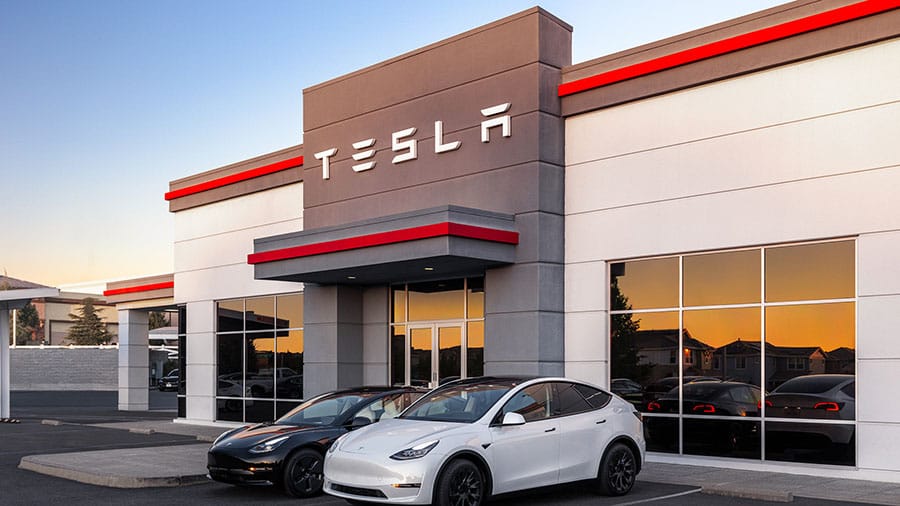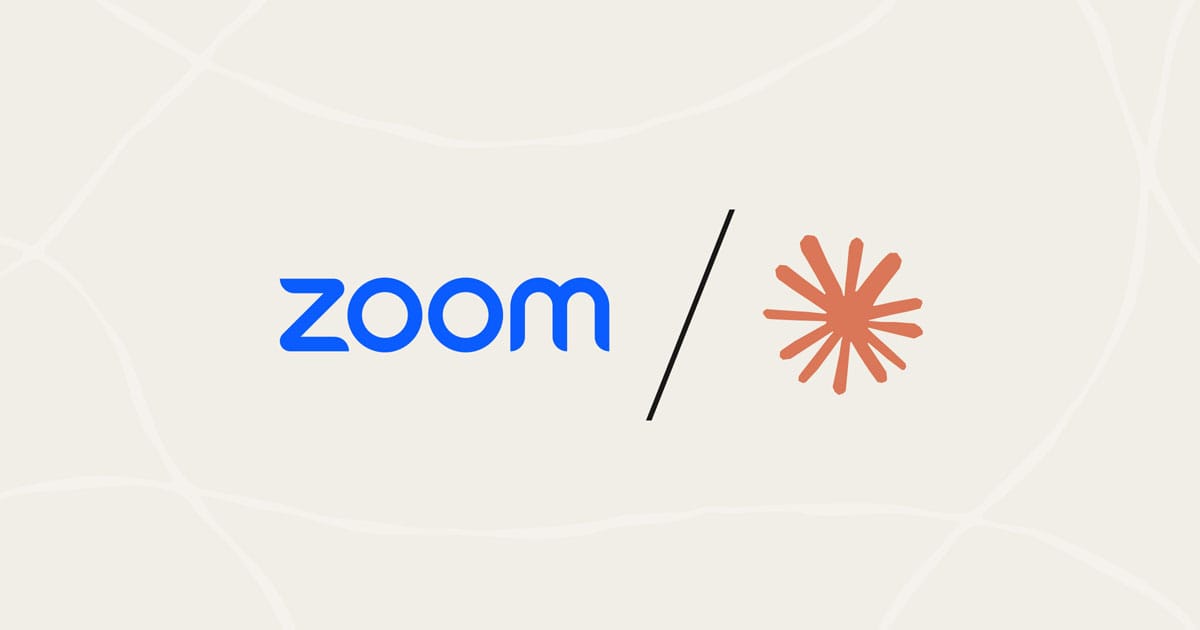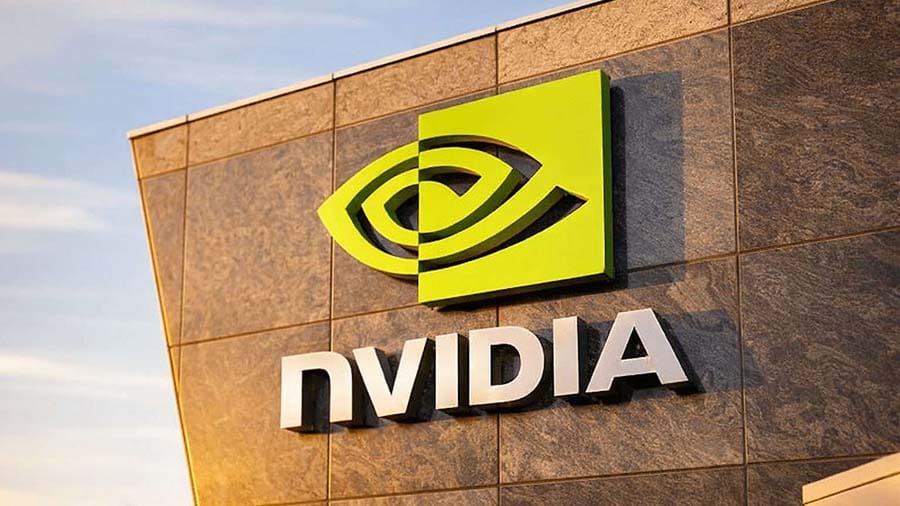⛵ Future in a Jar

Good Morning, Tech Enthusiasts!
As more of the future gets bottled—priced, optimized, and sold—we're left asking:
When progress fits in a jar, what's been left outside?
SPONSORED BY

QUICK HITS
- Trump Administration Plans to Launch AI.gov Chatbot Platform, Official Release on July 4th.
- OpenAI Slashes Prices by 80% and Launches o3-pro Model, Engaging in Price Competition with Google Gemini.
- Snap Announces Smaller, Lighter AR Specs Smart Glasses for 2026 Consumer Launch.
- 27 States Sue to Block 23andMe from Selling Customer DNA Information Amid Bankruptcy.
- DeepMind CEO Predicts AGI Within Five Years and a Galactic Future by 2030 — Prompting Broad Industry Skepticism.
AI
Meta Acquires Nearly Half of Scale AI for $14.8 Billion

Meta Platforms has agreed to acquire a 49% stake in AI startup Scale AI for $14.8 billion, marking a major strategic investment by Meta in the AI sector.
- Deal Size and Structure: Meta will pay $14.8 billion for a 49% stake in Scale AI, valuing Scale AI at approximately $30.2 billion and representing one of Meta's largest external AI investments to date
- Scale AI Company Background: Founded in 2016, Scale AI primarily provides large amounts of labeled data and curated training data services for AI models, making it a key player in the AI training data sector
- Deal Development Process: Previous reports indicated Meta was in discussions for a potential investment exceeding $10 billion, with the final agreed transaction amount reaching $14.8 billion
This massive investment reflects Meta's commitment to AI technology development. By acquiring nearly half of Scale AI's shares, Meta not only secures access to high-quality AI training data supply but also positions itself more strategically in the rapidly evolving AI market. This transaction is expected to significantly enhance Meta's competitive strength in the artificial intelligence field.
TOGETHER WITH FIVERR
Our Freelancers Will Take It From Here

Gone are the days of sifting through endless profiles. Our freelancers have trained their own personal AI models. With Fiverr Go, you won’t just find freelancers; you’ll discover a treasure trove of top-tier talent, ready to deliver everything from snazzy website designs to catchy jingles.
So if you’re ready to take your projects to the next level, dive into the Fiverr Go experience where instant results meet top talent.
TECH
Oura Ring Envisions A "Doctor In Your Pocket" As The Company Doubles Its Business

Oura CEO Tom Hale envisions transforming healthcare through continuous monitoring, stating "The device you're going to have on your body to monitor your sleep, your activity, your overall health [and] make predictions about your health, will be the Oura Ring", as the company evolves from sleep tracking to comprehensive health management.
- Dramatic Business Growth: Hale said the company has "roughly doubled the business" since announcing 2.5 million rings sold in June 2024, with revenue expected to be "a lot larger" than last year's projected $500 million, earning the company the No. 23 spot on CNBC's 2025 Disruptor 50 list
- Expanded Health Focus: Oura has broadened its vision from just sleep to cardiovascular health, stress & resilience, women's health, and now nutrition and eating habits, including partnerships with companies like Dexcom for glucose monitoring and AI-driven food analysis features.
- Competitive Strategy: While competing against all-in-one devices like Apple, Google and Samsung watches, as well as fitness devices from Garmin and Whoop, Hale believes Oura's biggest competitor is "people just not being aware of the benefits" of wearing the ring.
This expansion represents Oura's transformation from a sleep-focused wearable to a comprehensive health platform leveraging AI and machine learning. The company's "doctor in your pocket" vision positions continuous monitoring as preventative healthcare, while strategic partnerships and AI integration help differentiate it in the crowded wearables market. Though not ready for an IPO, Oura's rapid growth and evolving health ecosystem demonstrate its potential to redefine personal health monitoring beyond traditional fitness tracking.
AI
AI-Driven “Ghost Students” Scam Colleges Out of Millions in Financial Aid

Scammers are using AI-powered fake “ghost students” to apply for federal student aid under stolen identities, enroll in online courses, and pocket the funds—leaving real students locked out and victims burdened with fraudulent debt.
- Surge in “Ghost Student” Fraud: In 2024, California community colleges reported around 1.2 million fraudulent applications and 223,000 ghost enrollments, leading to at least $11.1 million in unrecoverable financial aid losses.
- New ID Verification Measures: The U.S. Education Department will require government-issued photo IDs for first-time federal aid applicants starting summer 2025; California will also require in-person or live-video ID verification in fall.
- Impact on Students and Institutions: Bots overcrowd courses, blocking genuine students; identity-theft victims must spend months disentangling fraudulent loans; faculty and staff face increased administrative burdens.
In short, this wave of AI-powered financial aid fraud is undermining the integrity of online education, revealing vulnerabilities in aid verification. Although new regulations are steps forward, underfunded systems still struggle to effectively combat these sophisticated schemes.
STARTUP
Nucleus Genomics Launches App for Parents to Select "Smartest" Embryos

A Gen Z entrepreneur and apparent eugenics enthusiast has launched an app that allows prospective parents to rank which embryos they want the most with 25-year-old founder Kian Sadeghi comparing potential backlash to early fears surrounding IVF technology.
- Service Details and Pricing: The Peter Thiel-backed company maintains that for $6,000, parents can select their favorites from up to 20 embryos based on everything from how smart the future child may be to how they might look in addition to their standard $500 saliva test that screens for hundreds of heritable diseases
- Widespread Criticism and Scientific Concerns: Venture capitalist Max Niederhofer tweeted that "the reality of this just makes me so nauseous," while experts have called the startup's previous intelligence prediction service "bad science as big business" and questioned whether the product actually works
- Company's Historical Controversies: The startup was accused last year of peddling bad science when it launched Nucleus IQ, a service that could allegedly tell parents how their genes would affect their future children's intelligence, with genetic statistician Sasha Gustev noting that the founder hasn't explained whether the product actually works
This development represents a troubling intersection of technology and eugenics, with Nucleus Genomics claiming to be the first company "in human history" to openly help parents "optimize their embryos based on intelligence." The service has drawn fierce criticism from both the scientific community and tech industry leaders, who question both the ethical implications and scientific validity of genetic intelligence prediction.
380K+ Tech enthusiasts are eager to learn about your brand.
Bay Area Letters offers the latest AI, tech, and business insights from Silicon Valley.
What We Can Offer:
- Launch an Advertising Campaign
- Introduce New Product or Features
- Other Business Cooperation
Email our co-founder Mark directly at [email protected] if the button fails.





